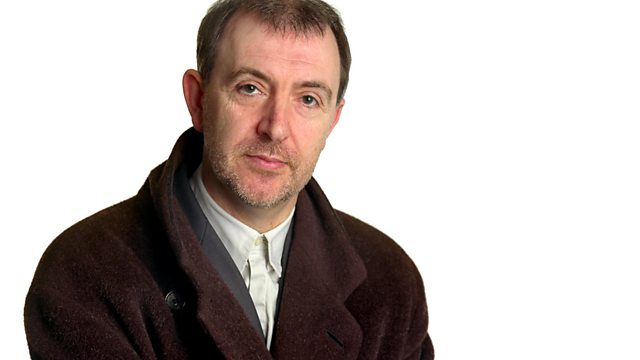
Natural Disaster
Following events in Japan, Philip Dodd examines how west and east respond to natural disaster and the various claims of science, environmentalism, capitalism, fear and religion.
When Ishiro Honda's 1954 film Gojira was released in Japan the monster that emerged from Tokyo Bay was destined to become one of film history's most enduring characters. This first Godzilla was a nuclear mutant from the nightmares not just of Nagasaki and Hiroshima but from the American Bikini Atoll atom bomb test only months earlier. The first Japanese fisherman who, far offshore in his Pacific hunting grounds had been enveloped in a cloud of radioactivity, was dead from radioactive poisoning, and 'atomic tuna' was being landed at the quayside. Audiences were reported to be watching the film in silence. In the aftermath of the almost biblical series of disasters that have descended on Japan over recent days Philip Dodd discusses the ways in which across history and culture we respond to the revenge of nature. Where do we go to come to terms with disaster when science no longer seems to hold enough answers to save us? How do those who live in parts of the world which are constantly on the verge of disaster through starvation or flooding, earthquake, drought or straightforward poverty accomodate the idea of natural disaster in their belief systems? That's the environmental writer Richard Hamblyn, historian Vinita Damadoran, James Marriott, of the organisation PLATFORM that combines arts & campaigning, the lecturer in Modern Japanese History Martin Dusinberre and engineering scientist Jian Guo Liu live on Night Waves with Philip Dodd.

